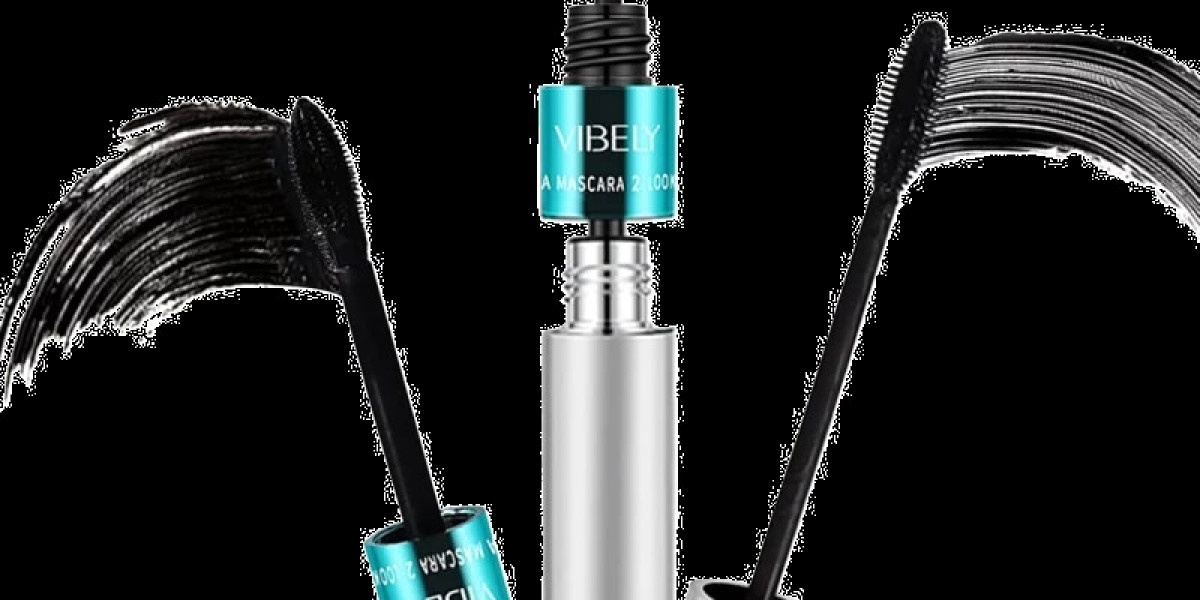In today's competitive job market, compensation packages play a crucial role in attracting and retaining top talent. Employers must understand the various components that make up a comprehensive compensation package to ensure they meet the needs and expectations of their employees. This article will delve into the essential elements of a competitive compensation package and how they can benefit both employers and employees.
What Are Compensation Packages?
Compensation packages refer to the total rewards that employees receive in exchange for their work. These packages typically include not only salary but also a range of benefits and perks that can significantly enhance an employee's overall job satisfaction. But what exactly should employers include in these packages to remain competitive?
Key Components of Compensation Packages
- Base Salary: The foundation of any compensation package is the base salary. It is essential for employers to offer a competitive salary that reflects the employee's skills, experience, and the industry standards.
- Bonuses and Incentives: Performance-based bonuses can motivate employees to exceed their targets. Employers should consider including annual bonuses, signing bonuses, or even profit-sharing plans.
- Health Benefits: Comprehensive health insurance is a critical component of compensation packages. This may include medical, dental, and vision coverage, which can significantly impact an employee's decision to join or stay with a company.
- Retirement Plans: Offering retirement savings plans, such as 401(k) options with employer matching, can enhance the attractiveness of a compensation package.
- Paid Time Off: Generous vacation policies, sick leave, and personal days contribute to a positive work-life balance, making the overall package more appealing.
Additional Benefits to Consider
While the core components are vital, employers should also consider adding supplementary benefits to their compensation packages. These may include:
- Flexible working hours or remote work options.
- Professional development opportunities, such as training and workshops.
- Employee assistance programs that support mental health and well-being.
- Wellness programs that promote physical health and fitness.
The Importance of Customization
Every employee is unique, and their needs may vary. Therefore, customizing compensation packages to align with the diverse preferences of employees can lead to higher satisfaction and retention rates. For instance, some employees may prioritize salary, while others may value work-life balance or career advancement opportunities more highly.
Conclusion
In conclusion, understanding the components of a competitive compensation package is essential for employers aiming to attract and retain top talent. By offering a well-rounded package that includes a competitive salary, bonuses, health benefits, and additional perks, employers can create an environment where employees feel valued and motivated. For more insights on enhancing your compensation strategy, consider exploring resources that provide in-depth analysis and guidance on this topic. You can find valuable information at .








